✅ JIESTAR 89150 Medieval Market
✅ Medieval markets were vibrant centers of commerce, trade, and social interaction during the medieval period, which generally spans from the 5th to the 15th century. These markets played a crucial role in the economic life of medieval towns and villages, providing a place for the exchange of goods and services and fostering cultural exchange.
🚫 IMPORTANT!
Product Name: Medieval Market
Category: Creator
This Kit Contains: JIESTAR 89150
3335 pcs Good Quality Bricks
Size: 54 × 30 × 35 cm
Manual Instructions
📌Nature of the protagonist
Introducing our proud collection named “Medieval Market” you should not miss.
Medieval markets were typically held in open-air spaces in the heart of towns or villages. They were often set up in central squares or near important landmarks, making them easily accessible to both locals and travelers. Markets were often held on specific days of the week, typically once or twice a week. Some larger towns might have held markets more frequently, while smaller villages might have had them less often. The primary purpose of the market was to facilitate trade. Merchants, artisans, and farmers from the surrounding regions would gather to sell their goods, which could include a wide range of items such as foodstuffs, textiles, pottery, metalwork, spices, and more.
✅ Medieval markets were vibrant centers of commerce, trade, and social interaction during the medieval period, which generally spans from the 5th to the 15th century. These markets played a crucial role in the economic life of medieval towns and villages, providing a place for the exchange of goods and services and fostering cultural exchange.
🚫 IMPORTANT!
Product Name: Medieval Market
Category: Creator
This Kit Contains: JIESTAR 89150
3335 pcs Good Quality Bricks
Size: 54 × 30 × 35 cm
Manual Instructions
📌Nature of the protagonist
Introducing our proud collection named “Medieval Market” you should not miss.
Medieval markets were typically held in open-air spaces in the heart of towns or villages. They were often set up in central squares or near important landmarks, making them easily accessible to both locals and travelers. Markets were often held on specific days of the week, typically once or twice a week. Some larger towns might have held markets more frequently, while smaller villages might have had them less often. The primary purpose of the market was to facilitate trade. Merchants, artisans, and farmers from the surrounding regions would gather to sell their goods, which could include a wide range of items such as foodstuffs, textiles, pottery, metalwork, spices, and more.
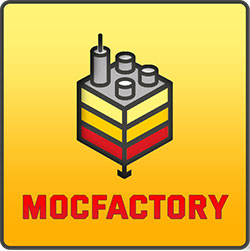

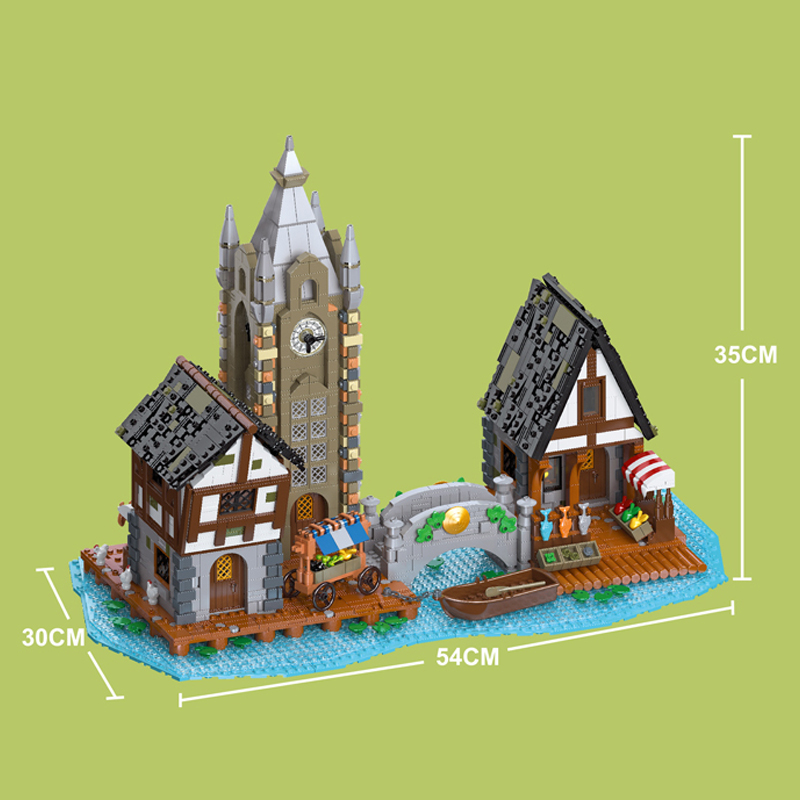
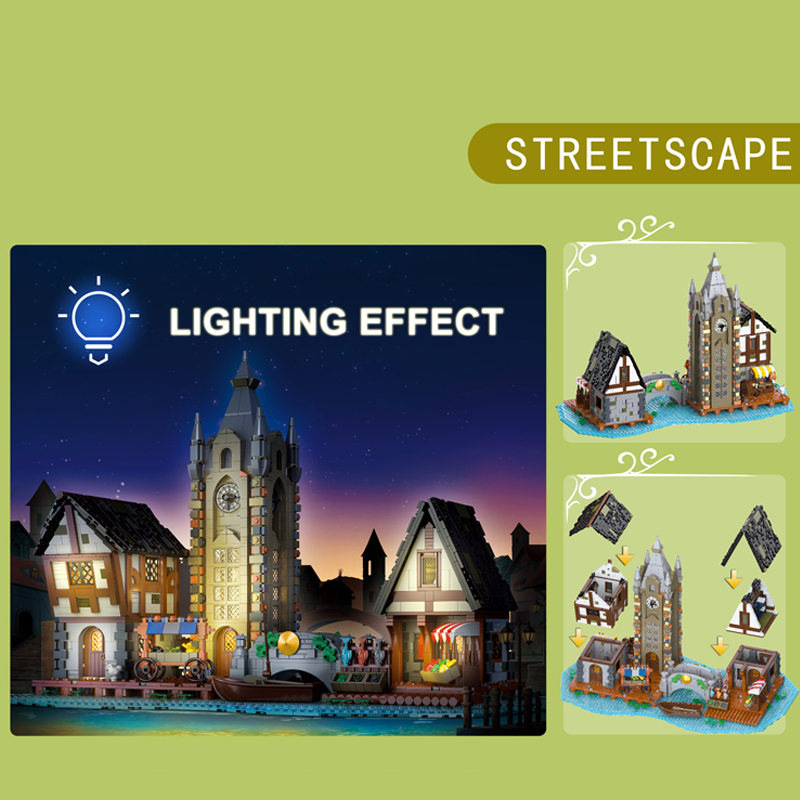
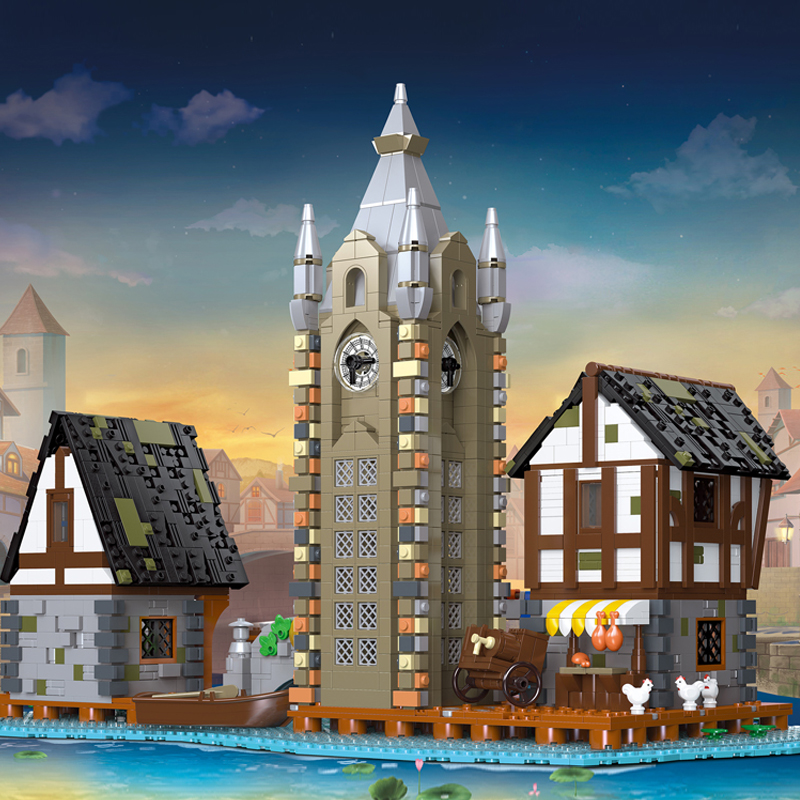
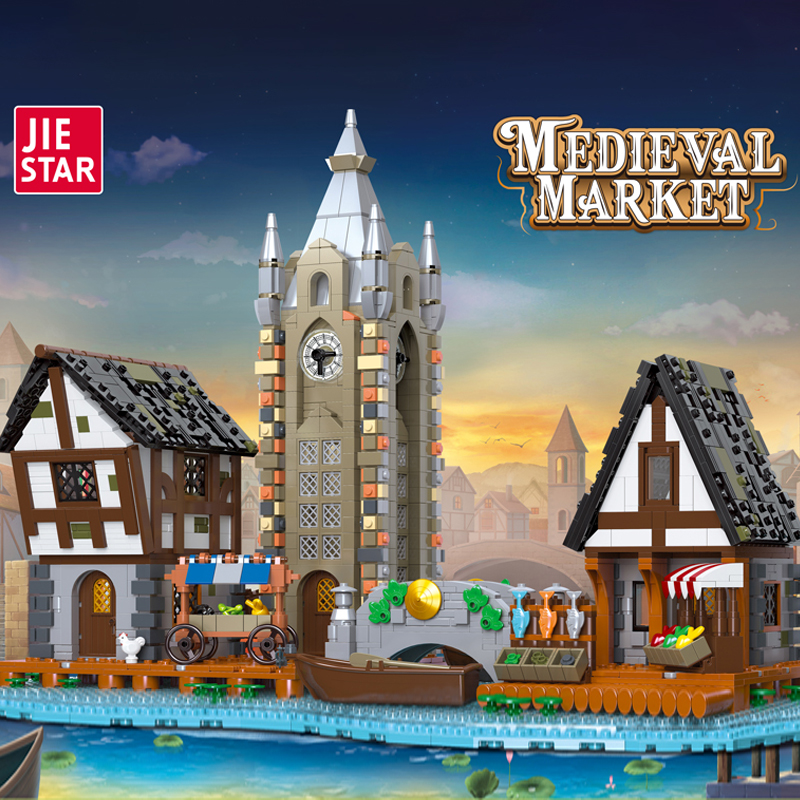
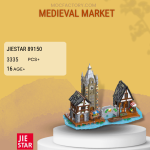
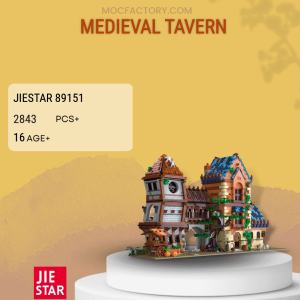
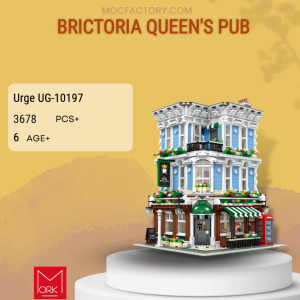




Reviews
There are no reviews yet.